Nigeria’s exploding population growth, as well as industrial demand for wheat, key ingredient for making biscuit will likely drive imports into Africa largest oil producer by 200,000 tons or four percent for the marketing year of 2019/20, as production lands during the rainy season (late April-September) are currently under cultivation, data from US government shows.
Nigeria is Africa’s largest populous country with 203.4 million, according to Central Intelligence Agency’s July 2018 estimates, and its growing population at an annual 2.54 percent (2015-20), is causing big shift to consumption of “greater amounts of wheat-flour based products”, country’s growers and bakers said.
“We are witnessing increased consumption of wheat-based foods such as bread, pasta, semolina and even biscuits,” Ishaq Abdulraheem, Chairman of Association of Master Bakers and Caterers of Nigeria, said in the nation’s capital of Abuja.
The US department of agriculture says rise in wheat consumption attributable to population growth as well as industrial demand will drive import from Nigeria’s largest suppliers including Russia, the United States, Canada, and Australia to 5.6 million tons in the marketing year of 2019/20 from 5.4 million tons in the 2018/19 marketing year. Nigeria’s imports of Russian-origin wheat totaled about 1.9 million tons last year, compared to imports of U.S.-origin wheat of 1.7 million tons.
Nigeria is Africa’s leading manufacturer of biscuits, with annual production estimated at 152,490 tons. Leading biscuit manufacturers including OK Biscuits (OLAM International), Yale Biscuits, Niger Foods, Beloxxi Biscuits, and Energy Foods. Nigerian biscuit segment is valued at $617 million, having grown at a compound annual growth rate 16 percent in the last five years, according to KPMG.
“Of Nigeria has the capacity to produce enough wheat for consumption but we haven’t met the consumption targets,” Salim Mohammed said from Kano. Nigerian growers said Nigeria produces nearly one million tons a year, although USDA pegged production at 60,000 tons, with yields holding steady at one metric ton per hectare.
The west African nation’s inability to produce adequate what to sustain itself is attributed to Islamic insurgencies in the country’s northeast region of Adamawa, Bauchi, Borno, Gombe, Taraba, and Yobe; poor soil quality, and climate change affecting conditions. Flooding during July to October 2018, ravaged farms nationwide undermining Nigeria’s food sufficiency campaign.
Seventy percent of the flour milled from wheat goes into bread, pasta, noodles, biscuits in Nigeria, with bakers favoring flour from imported wheat over locally produced commodity because locally produced wheat tends to have higher protein content, lower moisture and lower gluten; characteristics not well suited for bread production, according to Abdulraheem.






















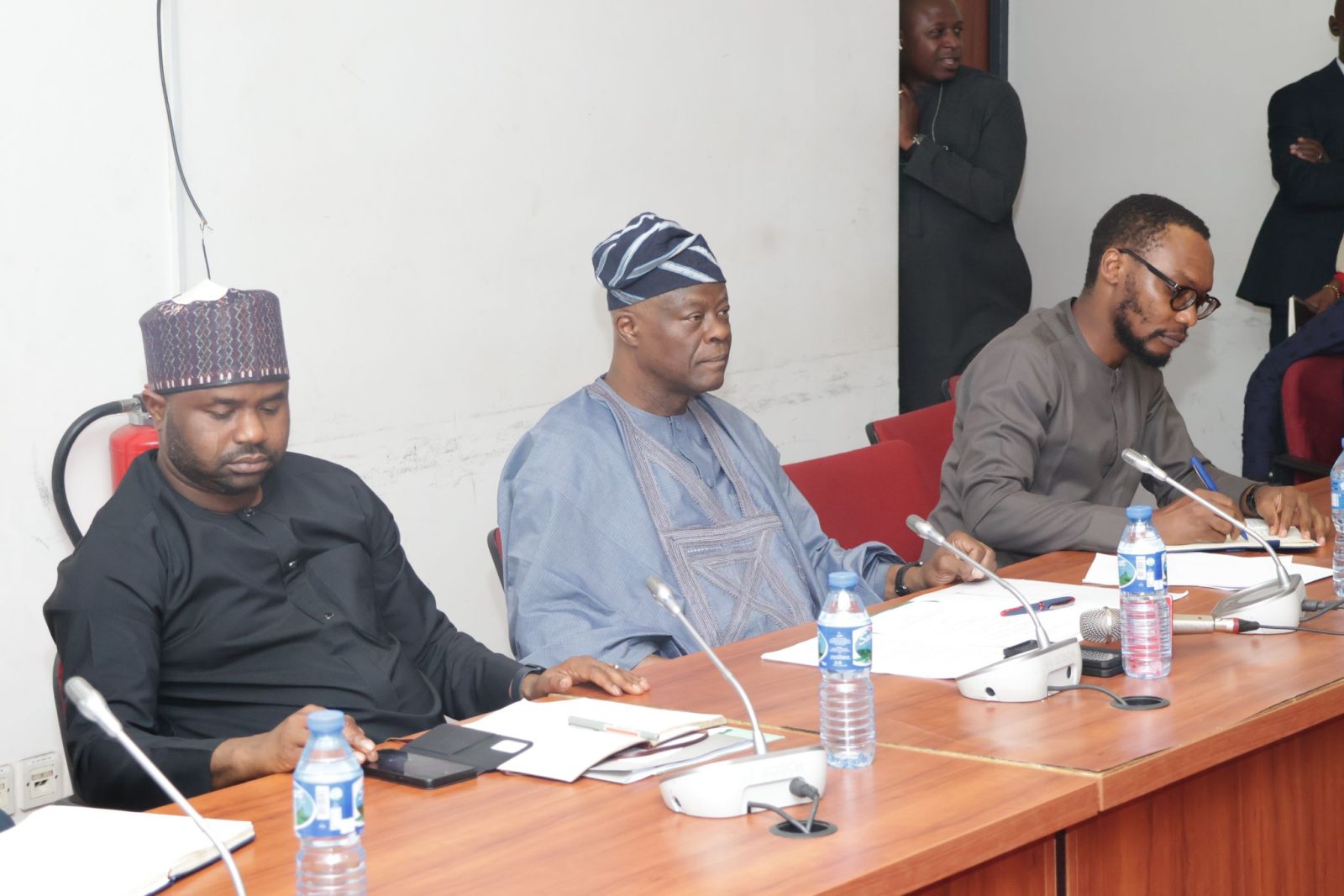
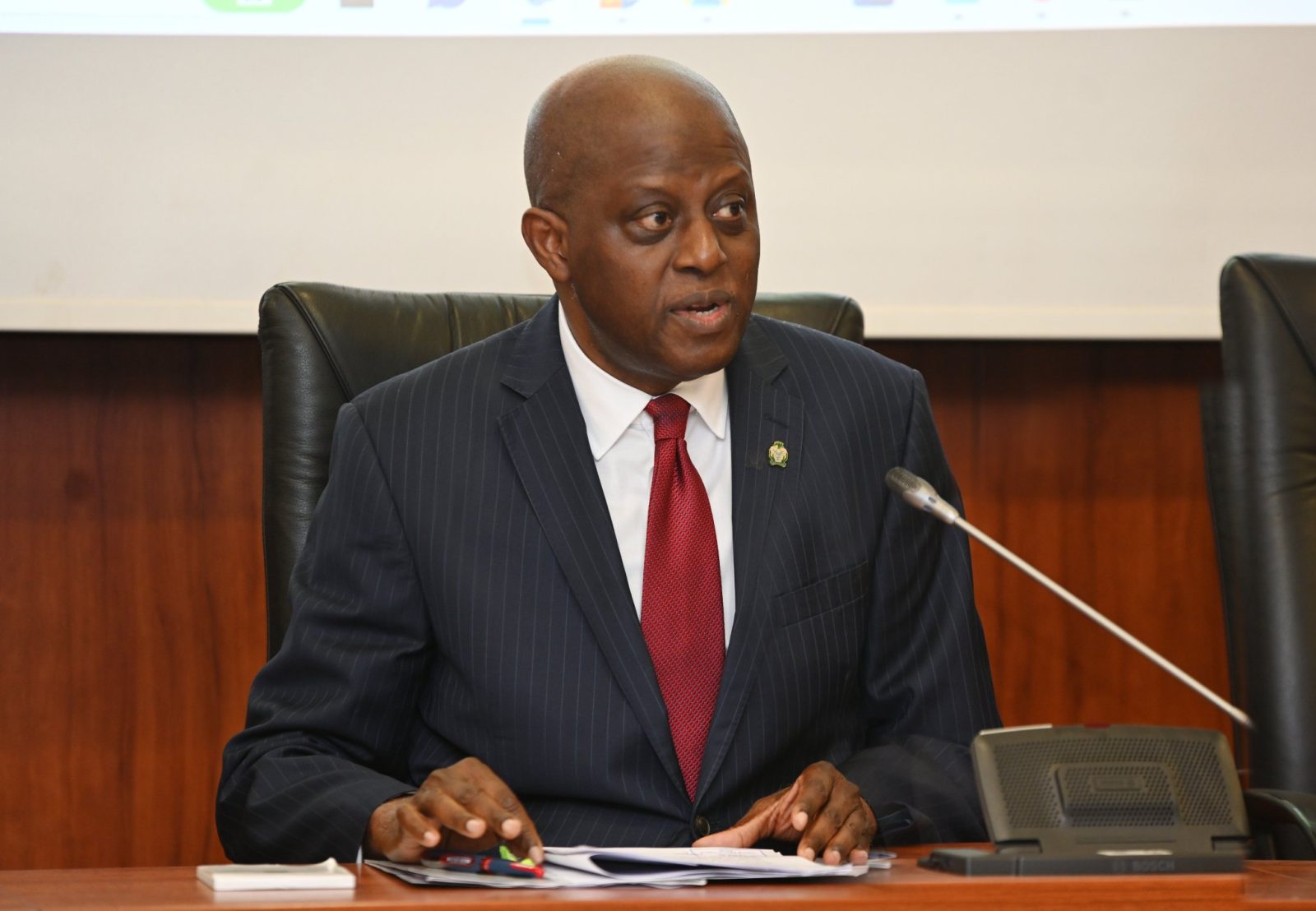



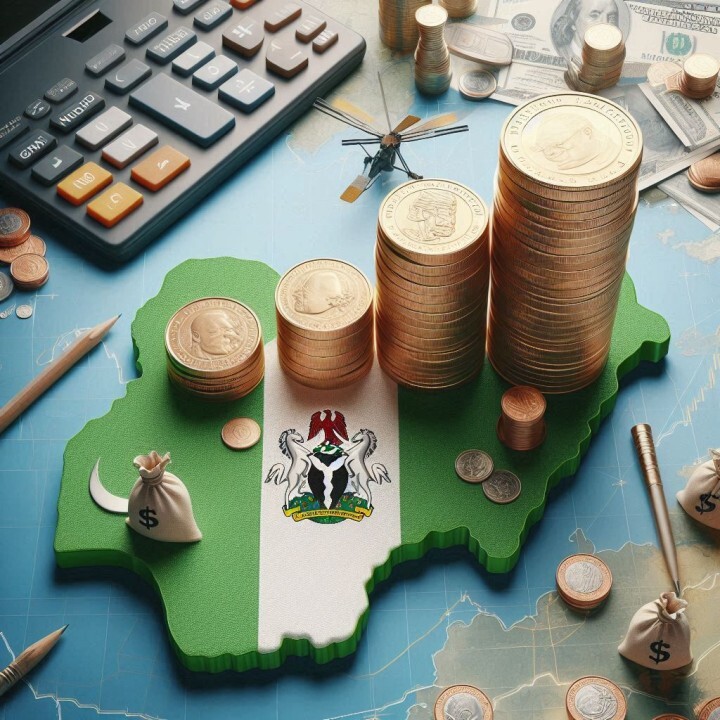
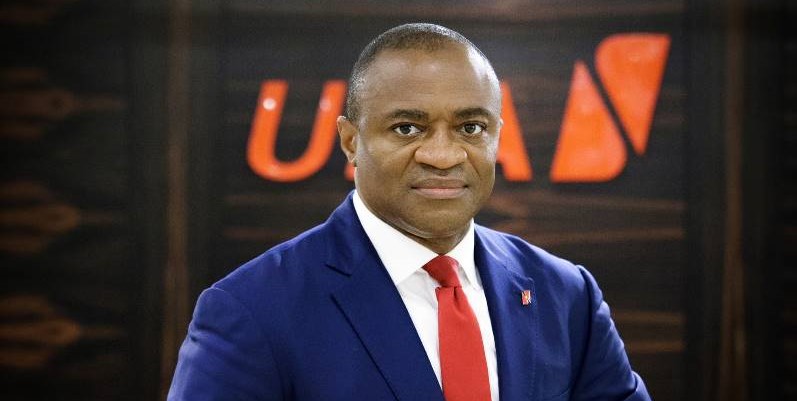
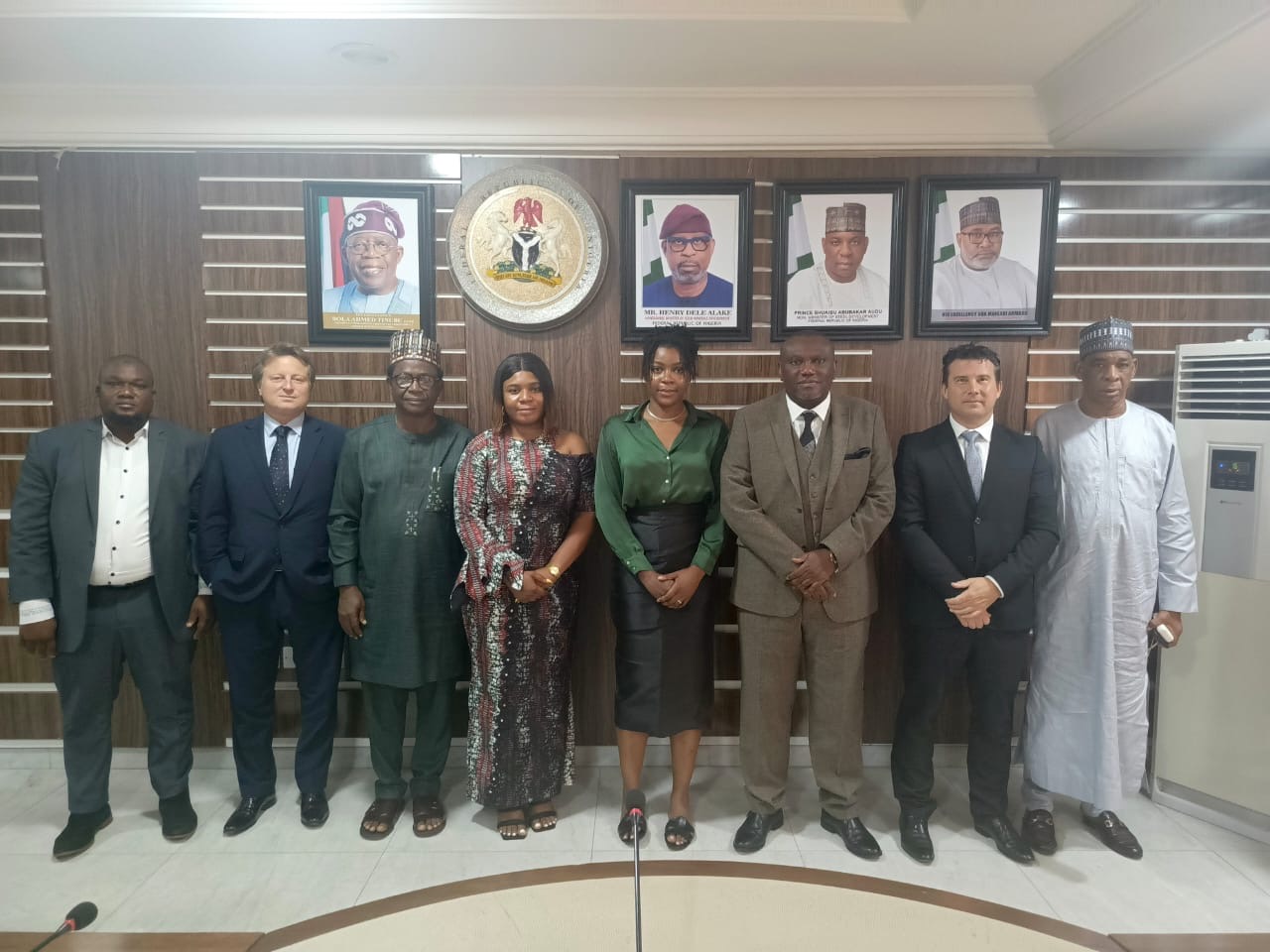
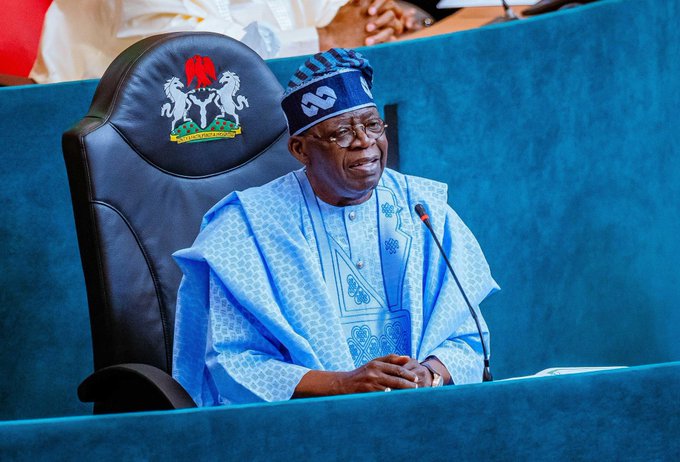

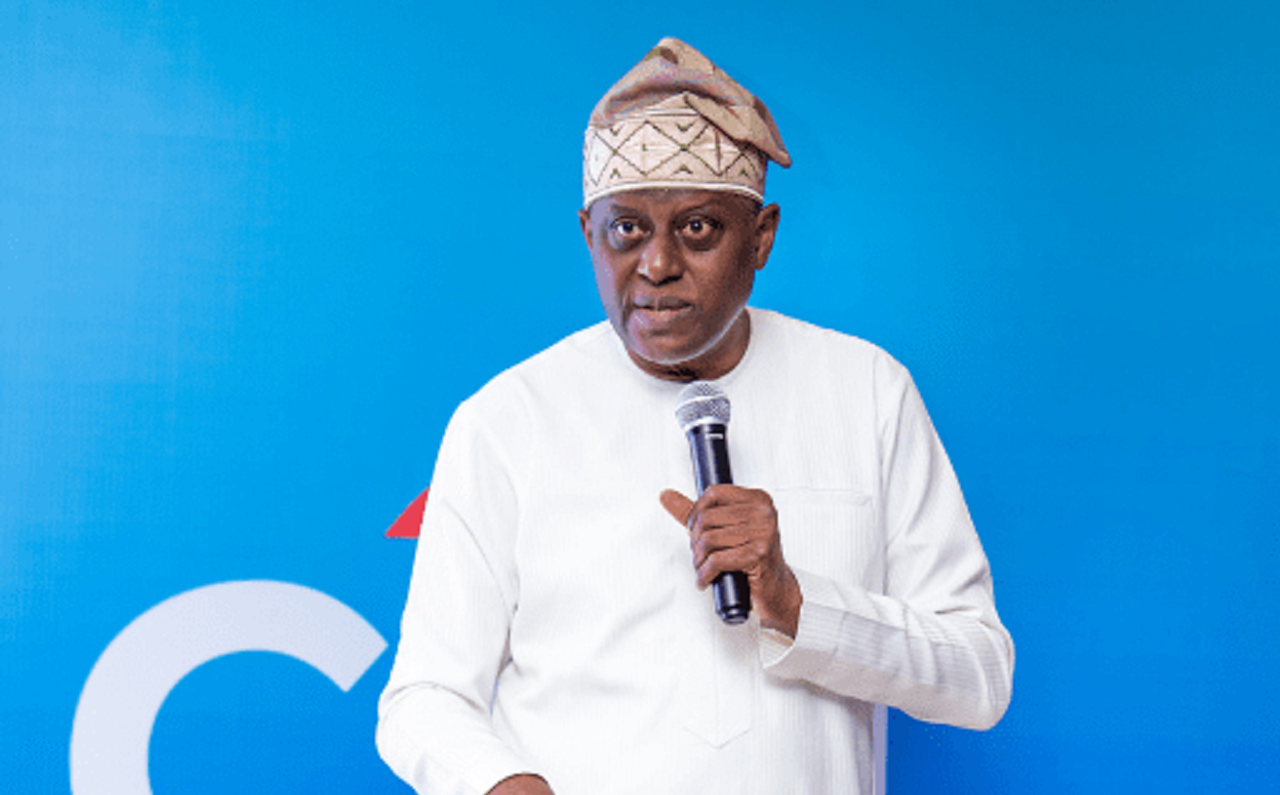
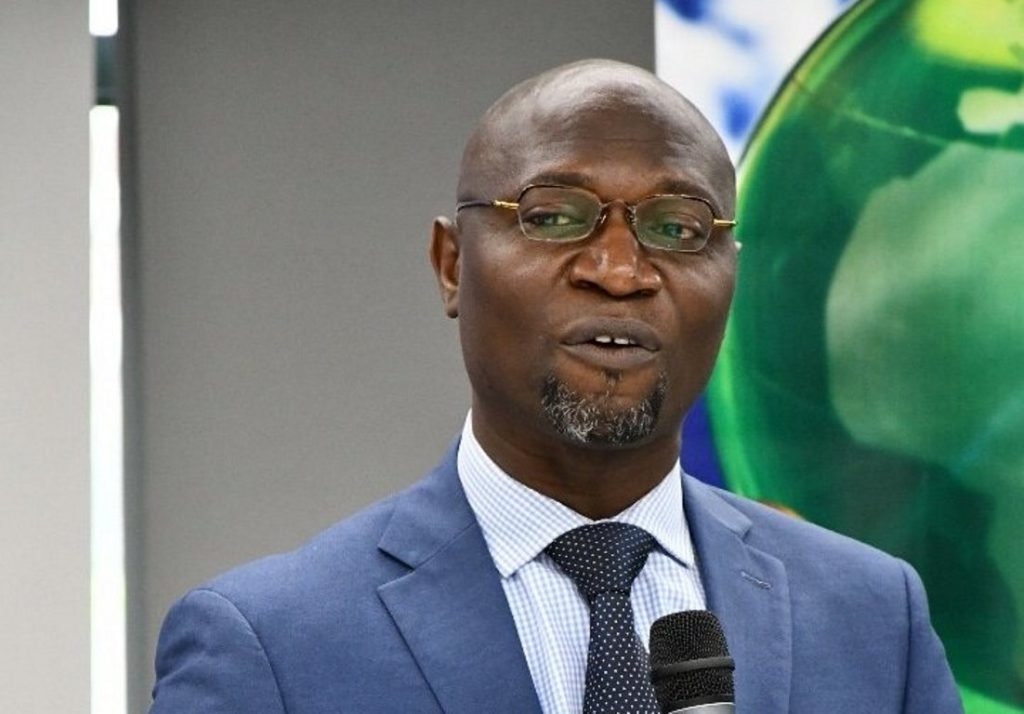
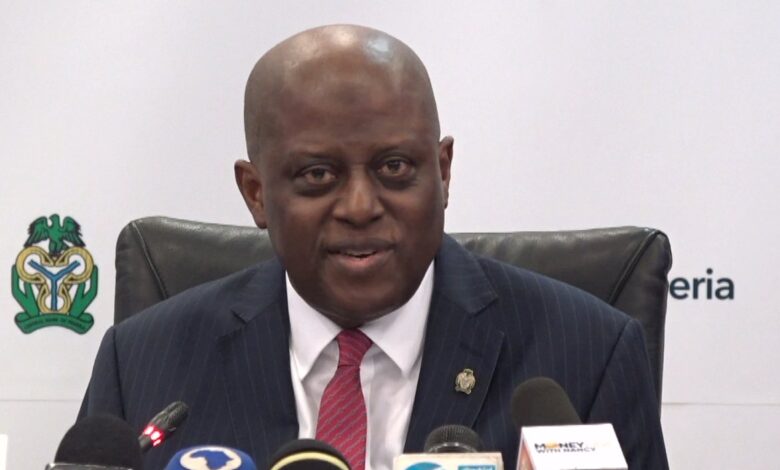

Leave a comment